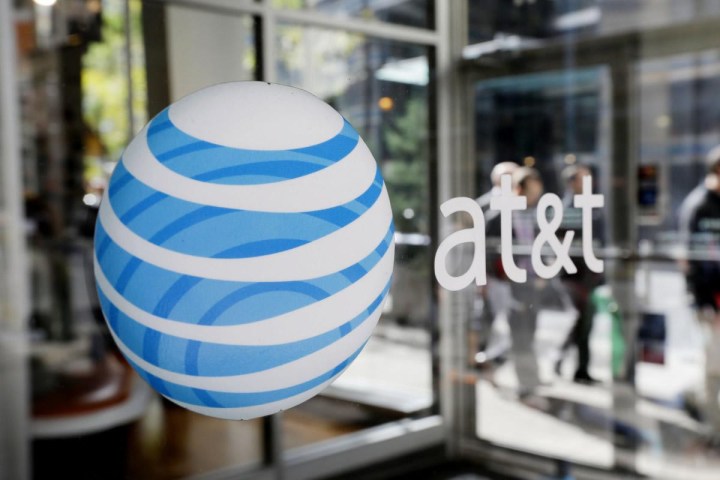
Insisting that it has a plan to rebut any potential scrutiny from the Federal Communications Commission, AT&T said late last week that regardless of what the government body (or the president-elect) has to say, its merger with Time Warner cannot be stopped by governmental action.
On January 6, the telecommunications giant asserted in regulatory filings that it ought to be able to carry out its $85.4 billion acquisition of Time Warner without FCC approval, as it doesn’t plan to transfer any FCC licenses between the two companies.
“Time Warner has conducted a review of all licenses that it holds that are granted by the FCC,” AT&T said in a filing with the Securities and Exchange Commission. “While subject to change, it is currently anticipated that Time Warner will not need to transfer any of its FCC licenses to AT&T in order to continue to conduct its business operations after the closing of the transaction.”
That said, it’s unclear as to just how AT&T and Time Warner plan to get rid of Time Warner’s FCC licenses before the merger. As Bloomberg reported, “Time Warner has been looking to transfer or sell its licenses to another broadcaster for some time, according to a person familiar with the matter. Time Warner can contract with third parties instead of owning the licenses, the person said.”
Of course, that’s not the only issue the companies have to contend with before celebrating a happy union. President-elect Donald Trump has previously indicated that he is opposed to the merger, and on Friday, a transition official told Reuters that his opinion has not changed.
On February 15, Time Warner shareholders will hold a meeting to determine whether they’ll approve the deal.


